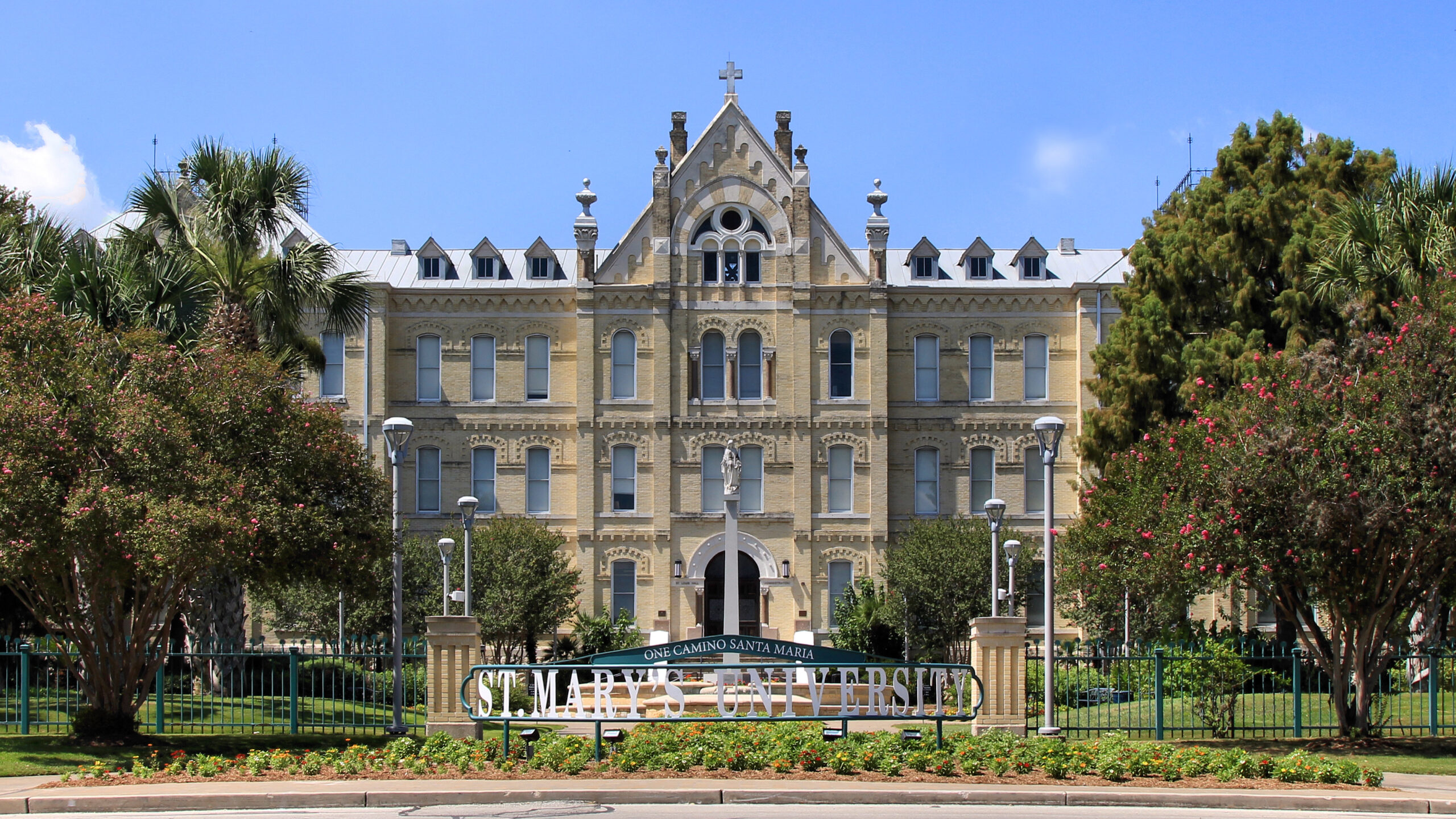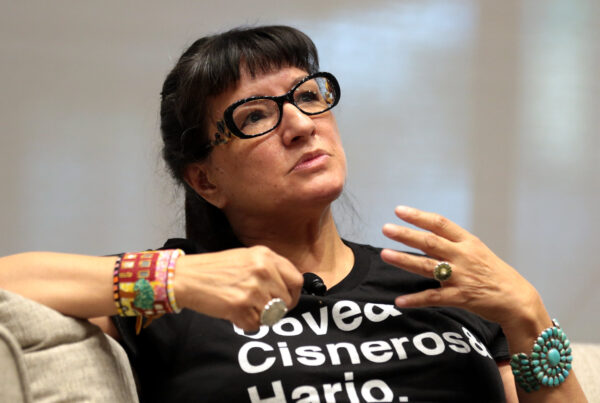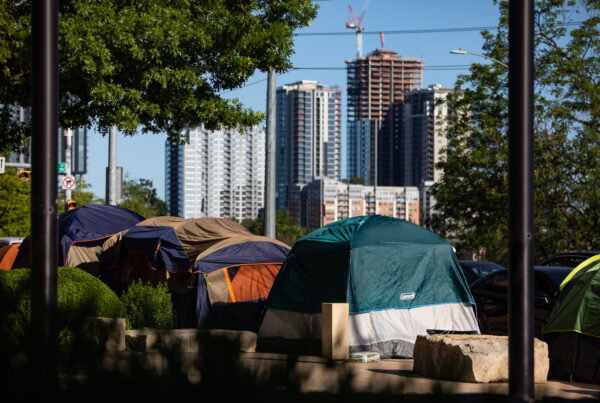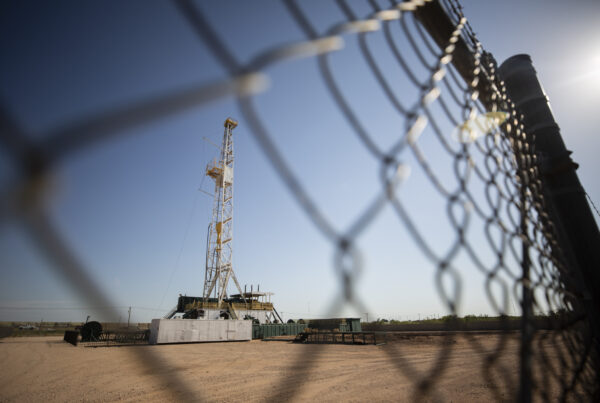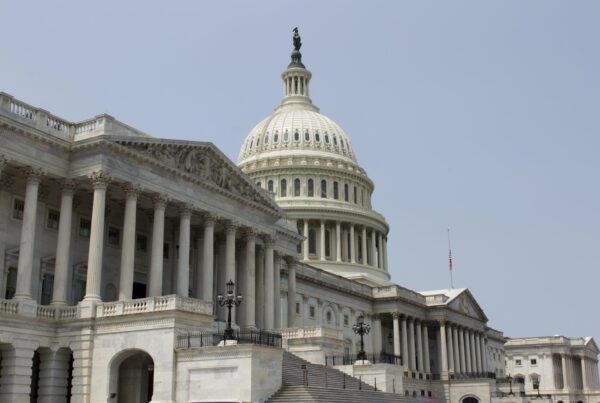The economy last year was a bit hard to predict. Economists spent the year trying to gauge just how much job growth to expect, the effects of inflation, and a host of other issues.
An economist from Texas, however, made some particularly accurate predictions – so much so that the Wall Street Journal named her its most accurate forecaster.
Belinda Román, an associate professor of economics at St. Mary’s University in San Antonio, said part of what set her predictions apart was how she factored in job numbers.
“I couldn’t understand the volatility in the employment numbers because one month they would be really high, the next they’d be really low. And so we were always chasing around those numbers as forecasters,” she said. “So I wondered if maybe we needed to kind of smooth that out a little bit with a more normalized trend. I also thought, well, if that’s going to happen, then GDP has to change, and a lot of other things have to change as well.”
» GET MORE NEWS FROM AROUND THE STATE: Sign up for Texas Standard’s weekly newsletters
Román also said she took the Federal Reserve at its word about its strategy.
“The economy normally will grow somewhere between 150,000 and 180,000 jobs per month. We’re doing quarterly estimates. So I kind of use that as my guidepost,” she said. “Then I thought, well, some of this volatility is because we’re getting these really big spikes. Amazon hires for certain parts of the year, and they are big numbers, and then they fade. And then we had the Super Bowl, so there must have been a big growth, and then they faded. And here comes spring break and then they fade. So I think we’re seeing a lot of these up and down spikes for these big ticket things.
“And then in between you see the growth in health care, the changes in education. You see all these other things are kind of bouncing along more smoothly, like a bouncing ball rather than spiking. So I was trying to figure out how to blend those two ideas.”
Román said she sees the economy softening this year.
“I brought our growth numbers down a little bit because we’re starting to slow down. We can see the impact of a lot of things happening,” he said. “The employment numbers also have to be softening. Although I think they’ll still be that volatility, because of the cyclical nature, the seasonal nature of the economy. So I did give that softening. But it’s not a 100% big old recession like everybody’s talking, but something softer. Maybe it’s one sector more than another.”
Román said she sees the U.S. economy is tied to the state of Texas’.
“We’re so big in the economy at the moment that the country’s going to move with us,” she said. “But I do see our real estate sector as a problem. I think we can’t get a resolution on the border, because that impacts trade and logistics and the movements of goods. And so I think we need to figure some of that out. Otherwise we’re going to be struggling because we’ve got this headwind.”


